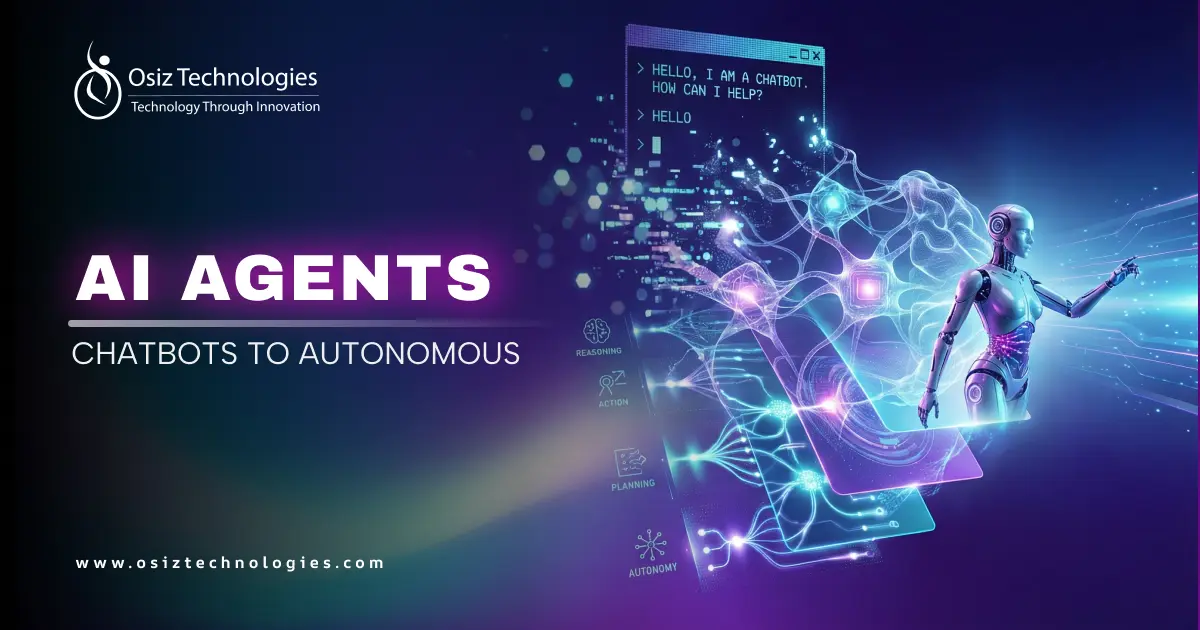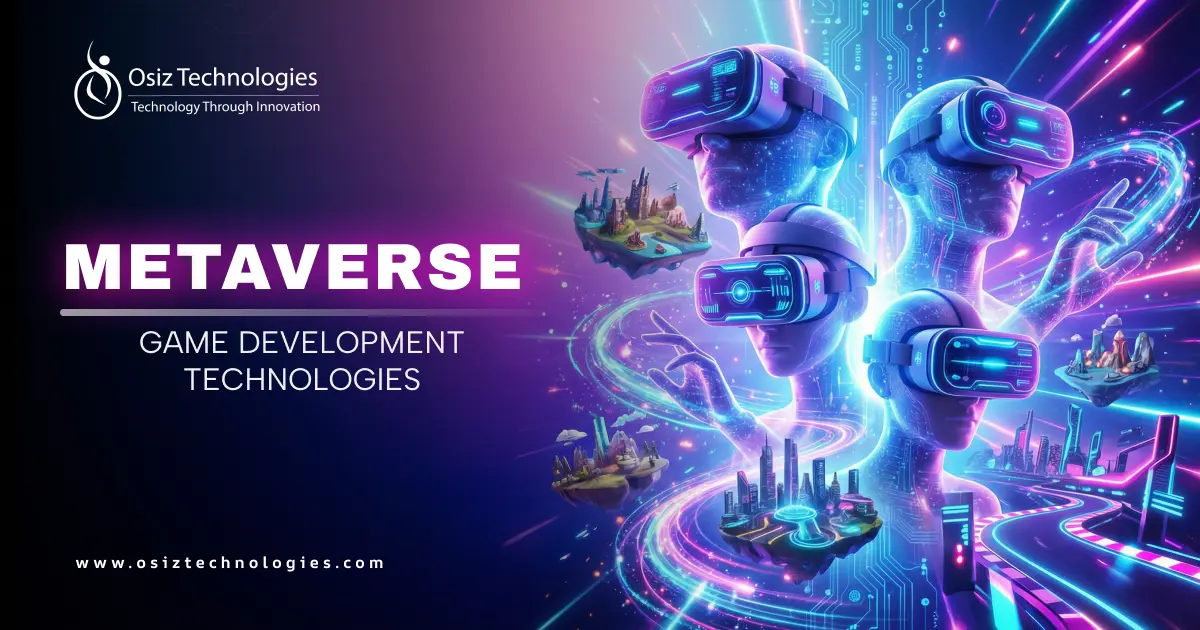In today's rapidly evolving digital landscape, artificial intelligence has become increasingly prevalent across various industries, and especially its impact is much bigger in media and entertainment.
In this dynamic industry, where creativity meets technology, AI is not just a tool but a transformative force driving efficiency, engagement, and even creativity itself. From automating regular tasks to enhancing user experiences, AI is reshaping how media content is produced, personalized, and enjoyed by audiences worldwide. Now, let's delve into this blog and explore the myriad ways AI is redefining the media and entertainment landscape.
AI in Media and Entertainment
In the media and entertainment industry, AI serves as a versatile tool that impacts various aspects of content creation, distribution, and consumption. Leveraging several algorithms, AI streamlines various processes such as scriptwriting, video editing, and music composition. This not only saves time and resources but also opens up new possibilities for creativity and experimentation. Additionally, by providing personalized recommendations, AI enhances user experiences and also helps platforms retain their audiences. As the industry continues to embrace AI-driven solutions, there are countless use cases and benefits which you will find below.
Impacts Of AI on Media and Entertainment
-
Automated Content Creation: AI algorithms are utilized to generate scripts, edit videos, compose music, and design graphics, streamlining the content creation process and reducing production time and costs.
-
Personalized Recommendations: AI-powered recommendation systems analyze user preferences and behaviors to deliver personalized content suggestions across various platforms, enhancing user engagement and satisfaction.
-
Content Moderation and Compliance: AI algorithms are used to moderate user-generated content, detect copyright infringement, and ensure compliance with content regulations and standards, maintaining a safe and lawful environment for users.
-
Virtual Assistants and Chatbots: AI-driven virtual assistants and chatbots engage with users, providing personalized recommendations, answering queries, and facilitating interactive experiences, enhancing user interaction and satisfaction.
-
Content Localization and Translation: AI technologies are employed to localize and translate content into multiple languages, enabling global reach and accessibility for audiences worldwide.
-
Facial Recognition and Audience Analysis: AI-powered facial recognition systems analyze audience demographics and emotions in real time, providing valuable insights for content creators and advertisers to tailor content and campaigns effectively.
-
Deepfake Technology: While controversial, deepfake technology utilizes AI to create hyper-realistic manipulated videos, enabling creative expression and storytelling possibilities, albeit with ethical implications that must be carefully considered.
-
Voice and Speech Recognition: In the media and entertainment platforms, AI-powered speech recognition is utilized for voice-activated interfaces, enabling users to command devices or browse content through voice prompts.
Use Cases of Artificial Intelligence in Media and Entertainment
Here's how AI helps the major industries within media and entertainment:
1) Film and Television Production:
-
Content Creation: AI assists in scriptwriting, storyboarding, and even generating visual effects, streamlining the production process and reducing costs.
-
Editing and Post-Production: AI algorithms automate tasks such as video editing, color grading, and sound mixing, speeding up post-production workflows and improving efficiency.
-
Audience Insights: AI-powered analytics analyze audience data to inform casting decisions, marketing strategies, and content development, enabling producers to create content that resonates with target demographics.
2) Music Industry:
-
Composition and Production: AI generates music compositions, creates beats, and even assists in mixing and mastering tracks, providing musicians with new tools for creativity and experimentation.
-
Recommendation Systems: AI-powered music streaming platforms deliver personalized playlists and recommendations based on user preferences and listening habits, enhancing user satisfaction and engagement.
-
Copyright Protection: AI algorithms detect and prevent copyright infringement by identifying unauthorized use of music samples and tracks, protecting the intellectual property rights of musicians and composers.
3) Gaming Industry:
-
Game Development: AI technologies such as procedural generation algorithms and machine learning models assist in game design, level creation, and character behavior, enabling developers to create more dynamic and immersive gaming experiences.
-
Player Engagement: AI-powered chatbots and virtual assistants provide personalized assistance and support to players, enhancing player engagement and retention.
-
Content Moderation: AI algorithms monitor online gaming communities and platforms for inappropriate behavior, toxic language, and cheating, ensuring a safe and enjoyable gaming environment for players.
4) Broadcasting and Journalism:
-
Content Generation: AI generates news articles, reports, and summaries by analyzing data and writing articles based on predefined templates, enabling journalists to produce content more efficiently and quickly.
-
Live Production: AI-driven camera systems and production tools automate camera movements, scene switching, and graphics overlays during live broadcasts, improving production quality and reducing human error.
-
Fact-Checking and Verification: AI algorithms analyze large datasets and social media feeds to identify misinformation and fake news, helping journalists verify facts and ensure the accuracy of their reporting.
Benefits of AI in Media and Entertainment
-
Enhanced efficiency in content creation and distribution processes.
-
Improved user experiences through features like voice-activated assistants and interactive storytelling.
-
Predictive analytics forecast trends in media consumption and audience behavior.
-
Global reach is facilitated by AI-powered translation and localization tools.
-
Innovative solutions drive creativity and storytelling possibilities in the industry.
Real Word Examples of AI in Media and Entertainment
-
Netflix's Content Recommendation System - Analyzes user data to suggest personalized content, enhancing engagement and satisfaction.
-
Adobe Sensei in Creative Cloud - Automates tasks and provides suggestions for enhanced productivity and creativity.
-
Deepfake Technology - Utilizes AI to create realistic manipulated videos, raising ethical concerns.
-
Google's Magenta Project - Develops AI models for autonomous creation of music, art, and more.
-
Interactive Storytelling Experiences - AI adapts narratives based on user interactions, offering immersive experiences.
-
IBM Watson in Film and TV Production - Provides insights for script analysis and audience sentiment, aiding creative decisions.
Future Scope of the Entertainment Sector With Artificial Intelligence
The future scope of the entertainment sector with artificial intelligence (AI) is vast and transformative. As AI continues to evolve, it will unlock new possibilities for creativity, engagement, and inclusivity in the entertainment industry, shaping its future in profound and exciting ways.
Leverage AI Solutions In Your Entertainment Business
After exploring how AI is changing media and entertainment, it's clear that using AI in entertainment businesses is crucial for staying competitive and meeting evolving customer needs. If you own a business in the entertainment industry or planning to enter this venture, then team up with a professional AI development company like Osiz to bring your novel ideas to life and stay ahead in this rapidly evolving entertainment landscape.
Listen To The Article












